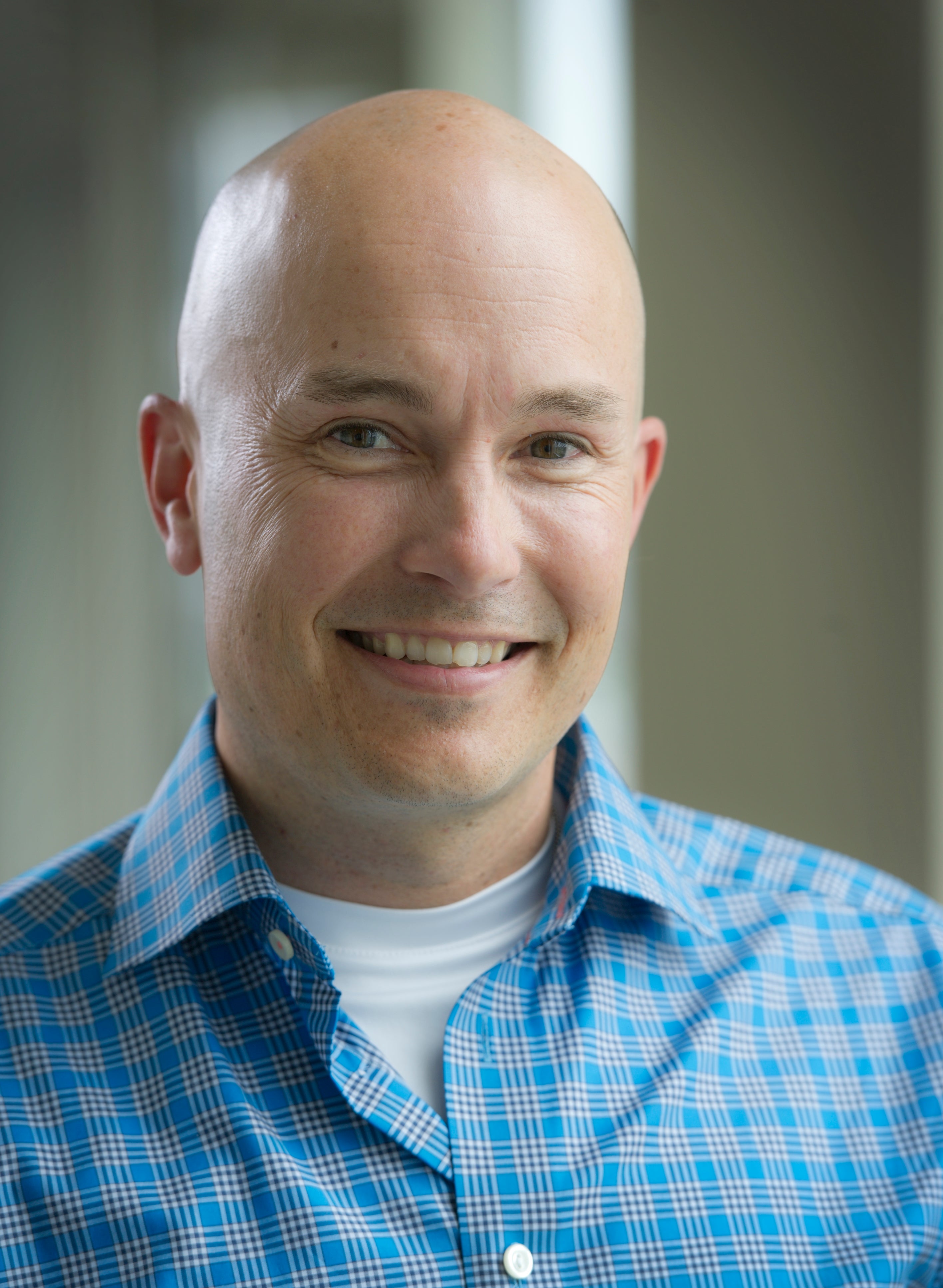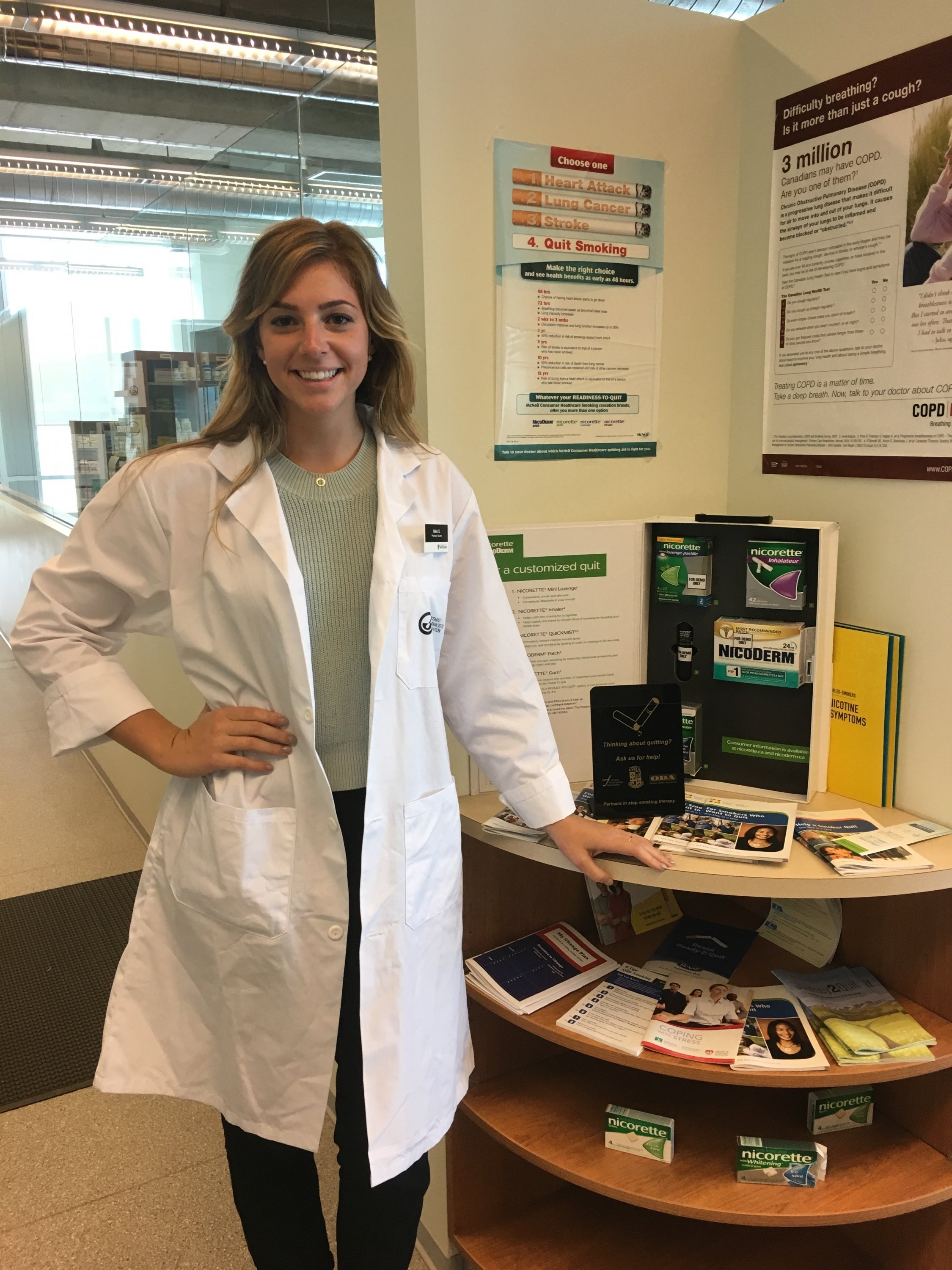Waterloo Pharmacy is pleased to announce the establishment of the Ambulatory Care Residency program. Pharmacy residencies are post-graduate training opportunities for pharmacy alumni. They partner residents with professional mentors in various practice settings and aim to prepare graduates for challenging and innovative pharmacy practice.

The new Waterloo School of Pharmacy Ambulatory Care Residency is one of only three primary care residencies in Ontario. While most pharmacy residencies are offered in hospitals, the primary care focus means that residents will work with accomplished professionals in community settings.
The program Director Jeff Nagge (left) perceived a need for more training opportunities in primary care settings, and established the program as a result.
“More advanced clinical training opportunities are required for pharmacists who want to practice in ambulatory care settings,” explains Nagge. “Partnering with the award-winning Centre for Family Medicine Family Health Team to develop the first pharmacy residency in Waterloo Region, and the first non-hospital affiliated primary care residency in Canada, helps to fill this need.”
The residency will consist of rotations that focus on different elements of pharmacy practice like anticoagulation, diabetes, medication management, chronic pain management and more. There are also opportunities for teaching and independent research.

The first round of applications for the program was highly competitive and received applications from pharmacists across the country. Nikki Domanski (right), a fourth year student in the pharmacy program, was selected as the first resident.
Domanski’s interest in the program stemmed from her diverse co-op experience and her passion for family health team practice.
“In my eyes,” Domanski explains, “Family health teams are like the perfect marriage between community and hospital pharmacy, meaning that there is a large focus on patient counseling and medication reviews, but there is also a huge clinical and interprofessional component, which I really value.”
The residency also includes elective options for two six-week blocks in diverse settings such as the Centre’s refugee health clinic, memory clinic, and mental health and behaviour sciences clinic. Domanski is excited by the opportunities.
“What I'm truly looking forward to the most is learning from and collaborating with the exceptional group of health care professionals that work there,” she says. “I think the future of pharmacy is going to heavily rely on interprofessional collaboration to deliver the best care possible for patients and I'm very excited to be a part of this multidisciplinary team!”
The first rotation begins in September 2017 and runs for 52 weeks.